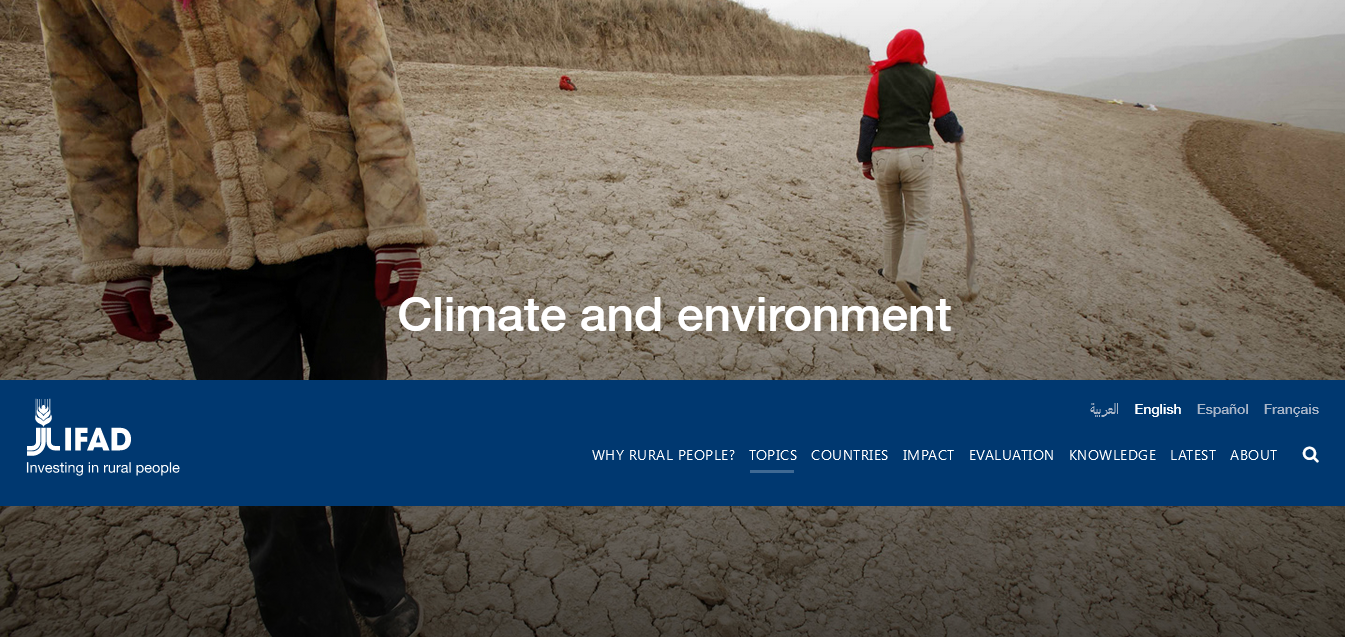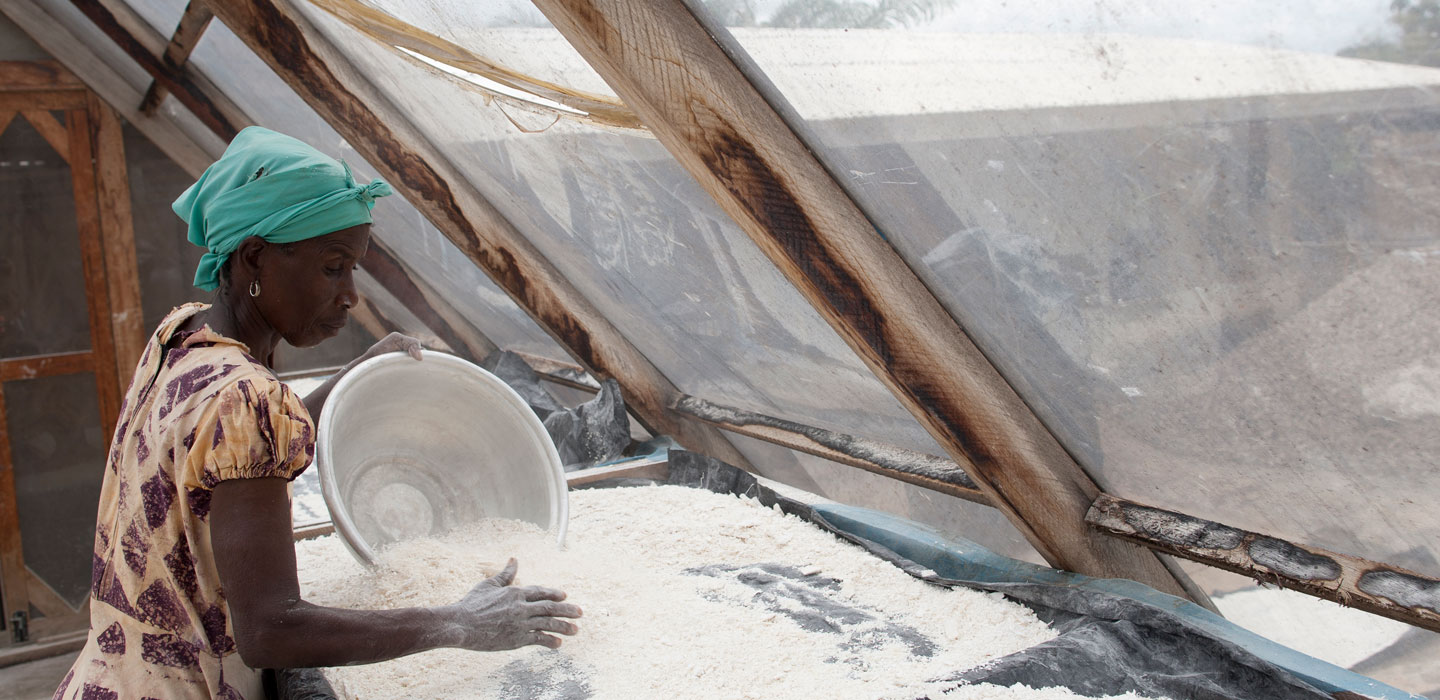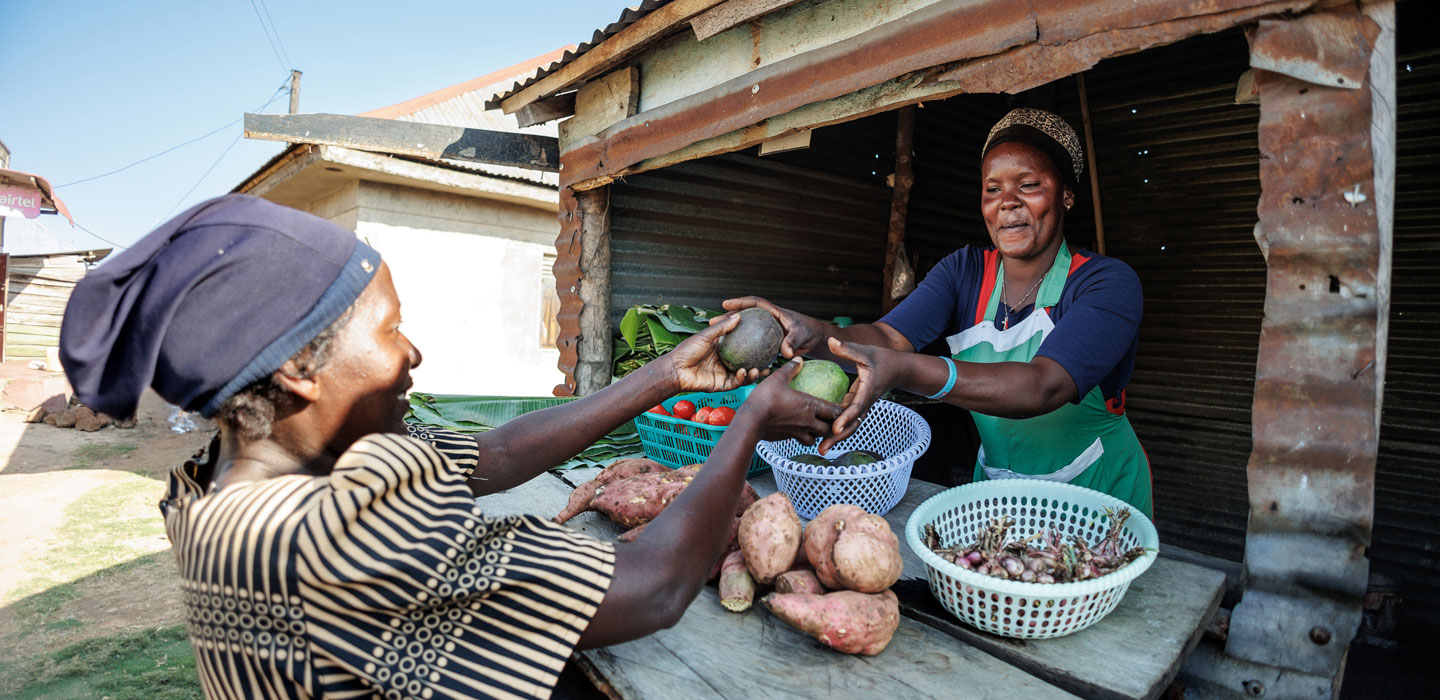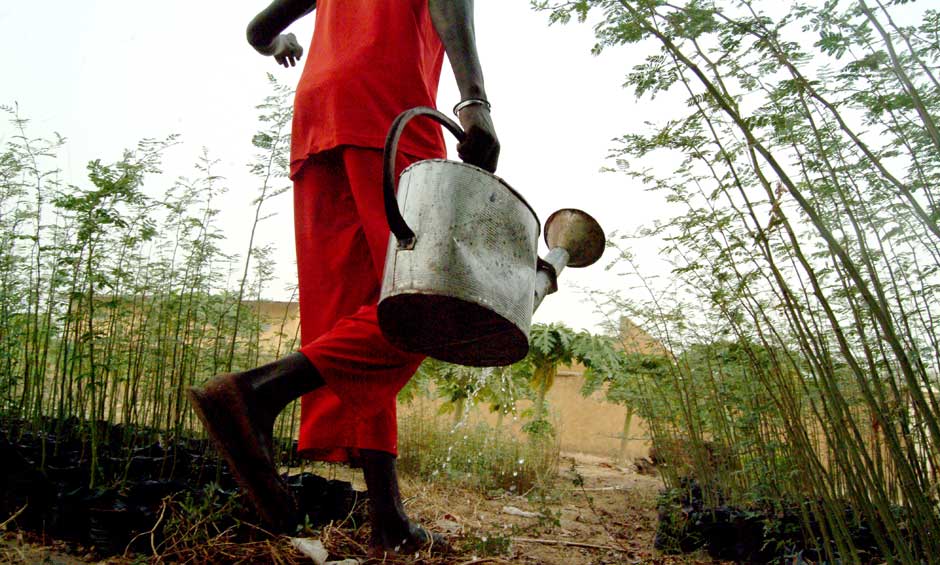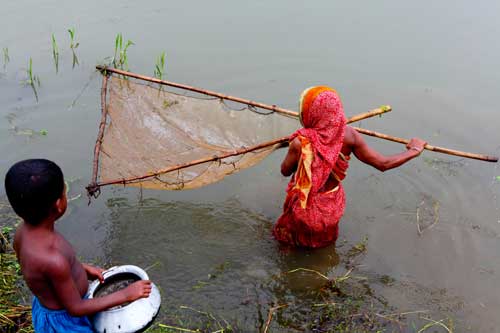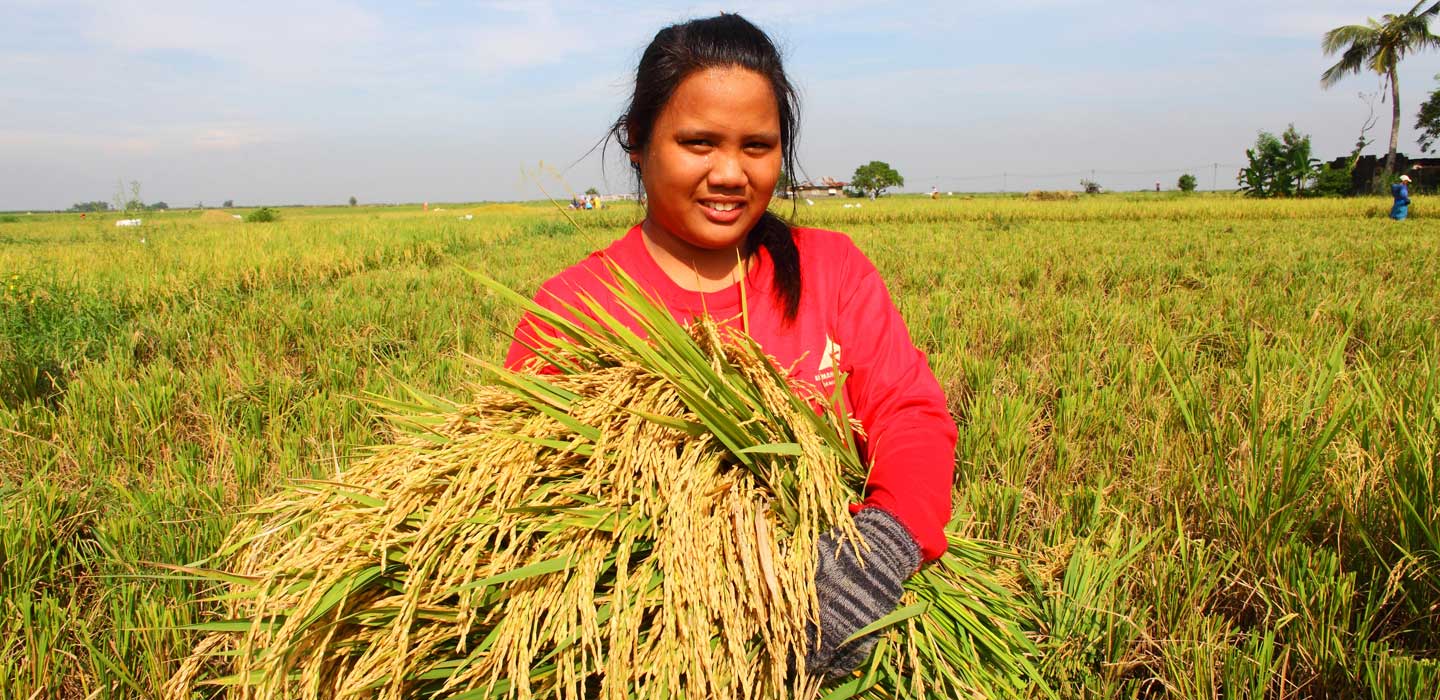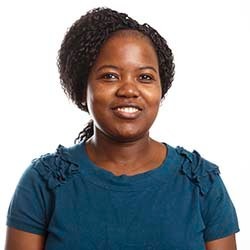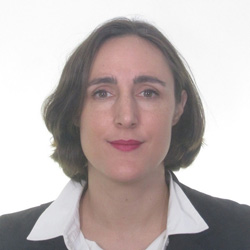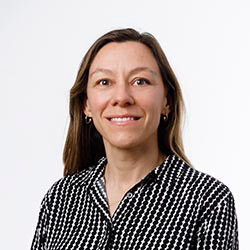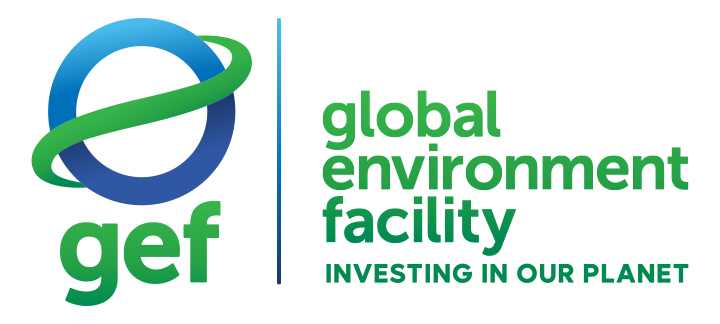www.ifad.org/en/climate-and-environment
Smallholder farmers and poor rural people bear the brunt of climate change and the degradation of natural resources. Extreme weather events, such as droughts, storms and floods, are putting pressure on the ecosystems that farmers depend on, as are gradual processes such as rising sea levels and melting glaciers.
Crop failures and livestock deaths are causing economic losses and undermining the food security of rural people with ever-greater frequency, especially in parts of sub-Saharan Africa.
At the same time, the rapidly growing global population demands higher levels of food production. To meet the world’s growing needs, agricultural production must double by 2050, food waste must be reduced and value chains have to become sustainable and efficient.
The ecosystems on which smallholder farmers rely are increasingly undermined. Access to suitable agricultural land is declining, and forest, soil and water resources are increasingly restricted and degraded.
Many farmers produce on marginal, rainfed land, where water is increasingly scarce. Pollution and overexploitation are causing a serious decline in fish populations, threatening essential sources of income and nutrition.
Improving farming practices and safeguarding the environment
Poor farmers and fishers are guardians of natural resources. With targeted assistance, agriculture, forestry and fishery sectors can play a key role in tackling environmental degradation and climate change.
Improving land management and adjusting farming practices can help alleviate pressure on the environment and lower greenhouse gas emissions.
Farming systems that embrace sustainable intensification practices can increase crop tolerance, diversify production and hinder environmental degradation.
Sustainable agricultural intensification
IFAD promotes agricultural growth that is environmentally sustainable and integrated into ecosystems. We help farmers and fishers become more resilient to the impact of climate change.
IFAD’s Adaptation for Smallholder Agriculture Programme is the largest global climate adaptation programme for smallholder farmers. We channel climate and environmental finance to smallholder farmers, helping them to reduce poverty, enhance biodiversity, increase yields and lower greenhouse gas emissions.
IFAD is also an executing agency of the Global Environment Facility (GEF) and of the Green Climate Fund (GCF). These are among the main financial mechanisms for addressing the intertwined issues of poverty alleviation, sustainable ecosystem management and climate change adaptation and mitigation.
Through these programmes, IFAD works with our partners to scale up successful approaches to sustainable agricultural production and green value chains. These approaches build climate resilience by managing competing land-use systems while reducing poverty, enhancing biodiversity, increasing yields and lowering greenhouse gas emissions.
In depth
Spotlight
Zero waste, full plates: winning with school meals – Episode 54
In this episode, we explore why we must pursue zero hunger and zero waste as joint goals. In particular, we look at how these efforts are crucial for children, who depend on nutritious diets for health
Contact us
For questions please contact Brian J. Thomson,
Knowledge Management and Communication Manager,
+39 0654592282 and mobile: +39 366 6121101, b.thomson@ifad.org

